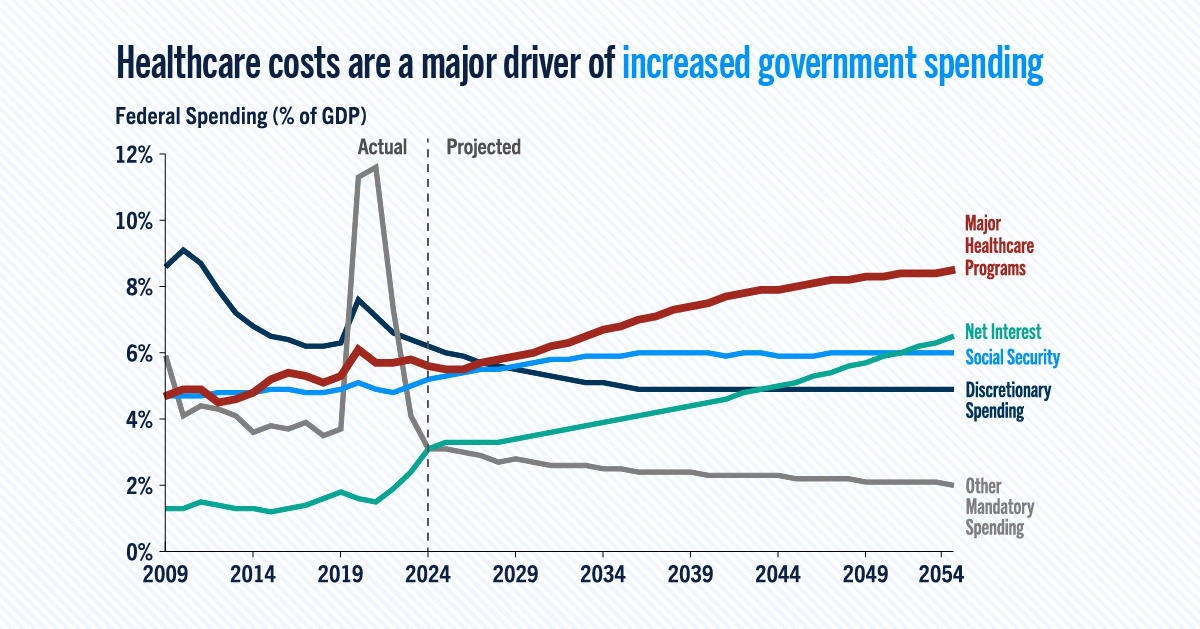
Unprecedented Bidding War Erupts Over Anysphere, Creator of Popular AI Coding Assistant Cursor
Technology News
Zaker Adham
09 November 2024
18 September 2024
|
Zaker Adham
Summary
Summary
A recent joint study by Bain & Company and KLAS Research highlights that U.S. healthcare providers and payers are significantly increasing their investments in artificial intelligence (AI), cybersecurity, and other IT sectors to enhance innovation and improve operations. According to the study, which surveyed approximately 150 healthcare executives, 75% of organizations reported an increase in IT spending over the past year—a trend expected to continue as the healthcare landscape becomes more reliant on advanced technology.

The aftermath of the COVID-19 pandemic has only underscored the importance of IT investments, with providers and payers alike placing a greater emphasis on cybersecurity, clinical workflows, and data platforms. The study found that 70% of organizations were directly impacted by the recent cyberattack on Change Healthcare, which has prompted a significant shift in how healthcare institutions prioritize cybersecurity.
“Healthcare organizations are now more open to adopting cutting-edge technologies, especially AI and natural language processing, to improve outcomes and ROI,” says Eric Berger, a partner at Bain & Company. As the industry increasingly adopts these advanced solutions, it is becoming evident that providers and payers are seeking innovative tools that deliver tangible results.
Healthcare providers are channeling their IT spending towards critical areas such as cybersecurity, clinical workflow optimization, data interoperability, and revenue cycle management (RCM). The recent cyberattack on Change Healthcare brought cybersecurity to the forefront, with many organizations scrambling to strengthen their defenses. Providers are also focused on integrating new IT applications with existing infrastructure to improve efficiency and reduce the risk of future attacks.
Additionally, providers are grappling with challenges in cost management and the integration of electronic health records (EHR). These systems remain vital to healthcare operations, but their complexity often creates pain points in managing data and workflow interoperability.
Payers, on the other hand, are dedicating their IT budgets to care coordination, utilization management, claims processing, and payment systems. Legacy technology remains a significant hurdle for many payer organizations, with over 65% citing outdated infrastructure as a key issue. Upgrading these systems is a costly and complex process, but it is essential for enhancing scalability and flexibility.
Moreover, cybersecurity is becoming an essential part of payers' IT strategies. The increasing frequency of cyberattacks has driven home the need for better security measures, particularly in systems handling sensitive health and financial data.
AI technologies continue to gain traction across the healthcare industry. About 15% of providers and 25% of payers report having a formal AI strategy in place as of 2024, marking a significant increase compared to the previous year. Many organizations are exploring AI-supported solutions to enhance decision-making, boost operational efficiency, and improve patient care.

While AI adoption is growing, challenges remain. Regulatory hurdles, concerns about accuracy, and the cost of implementation are cited as key barriers to more widespread AI integration. However, many healthcare leaders remain optimistic about the potential of generative AI, particularly in improving care delivery and patient engagement.
The outlook for IT investment in healthcare remains robust, with a strong focus on innovation and cybersecurity. Providers are concentrating on tools that offer a quick and proven return on investment, while payers are focused on updating legacy systems to improve efficiency and reduce costs. Both groups recognize the importance of integrating new technologies into their existing frameworks to stay competitive and secure in an evolving healthcare environment.
As healthcare organizations continue to prioritize AI and cybersecurity, vendors who offer innovative, reliable solutions stand to gain a significant edge. According to Adam Gale, CEO of KLAS Research, “Healthcare providers and payers are eager to adopt technologies that can show real results and a clear ROI.”

Technology News
Zaker Adham
09 November 2024

Technology News
Zaker Adham
09 November 2024

Technology News
Zaker Adham
09 November 2024

Technology News
Zaker Adham
07 November 2024